The start of the school year is approaching so why not take on new challenges in terms of ecology ! These are not the New Year's resolutions (that we keep for 2 days) but rather new habits to try and adopt.
We know it well, it is not always easy to change your (bad) habits but we think that you can succeed in checking a few challenges off our list. We even give you this list to download if you want to always have it at home ;).

1: Do your laundry at home
This may seem insurmountable to you, but you will see that it is very easy to do your own laundry and what's more, it's very quick!
But before giving you the recipe, we explain to you why it is better to make it yourself:
- First of all, we only use natural and simple ingredients , unlike industrial detergents which often contain chemicals which can be irritating or allergenic.
- Then, making your own laundry detergent at home is very economical because the basic ingredients are inexpensive.
- We also reduce our waste , because we always reuse the same container to do our laundry. No more plastic thrown in the trash!
- It also provides personal satisfaction and we educate our children to preserve the planet.
Discover our homemade laundry detergent recipe.

2: Buy second-hand
This could be clothes, toys for your children or household appliances, etc. There are now many sites where you can buy second-hand (Vinted, Marketplace, Le Bon Coin, etc.) or directly in thrift stores.
There are many reasons why it is better to buy second-hand:
- First of all, you will save a lot of money ! Why pay more for an object or item of clothing if you can avoid it?
- You will do good for the planet . Indeed, the production of clothing (for example) requires a large quantity of water, not to mention the quantity of CO2 emitted during transport.
- We also avoid overconsumption (especially Fast Fashion) and overproduction.
- Finally, there is a nice little side to looking for the right opportunity, to going hunting.

3: Replace the shower gel with solid soap
Every year, millions of plastic bottles are thrown away in our bathrooms! And it's not us who say it but the Planetoscope website . Nearly 6 bottles of shower gel are sold every second in France , which corresponds to 511,000 bottles per day ! No no, you're not dreaming, more than half a million bottles of shower gel are sold every day. Of course, these are all bottles that will be thrown in the trash once finished!
Imagine the amount of waste we could avoid if we all used soap! Soap, shampoo, facial cleanser and toothpaste , these are all products that you can find in solid versions (and with a much more natural composition) and thus avoid millions of waste!
So, are you ready to go solid?

4: Stop using stretch film or aluminum foil
There are now so many alternatives to plastic wrap and aluminum foil. We know that all the habits we have had for years are difficult to change. But here are some ecological alternatives to these everyday objects:
- Airtight boxes : most of the time, your boxes are enough to store the rest of your food. Choose glass because, over time, plastic wears out and can release harmful chemicals (like bisphenol A or phthalates) into your food.
- Cotton lids : these lids are a perfect replacement for stretch film and aluminum. They adapt to all shapes of dishes (round, square, oval, rectangular) and are machine washable for a long life.
- Bee wrap : these are food wraps made from cotton and beeswax. They will be perfect for a family picnic to wrap sandwiches, fruit or cover your pasta salad.

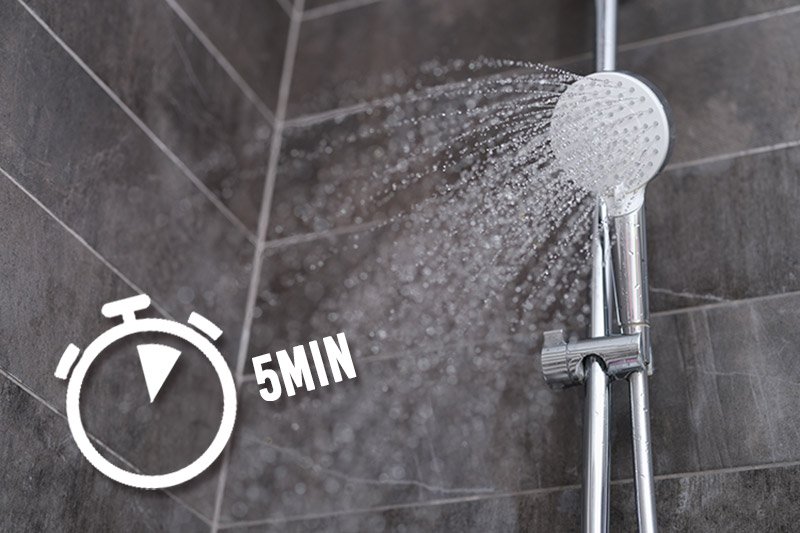
5: Take showers of 5 minutes maximum
According to ADEME (Ecological Transition Agency) , 40% of our water consumption is linked to our personal hygiene . Extended showers will weigh heavily on the water bill but also on the environment.
Of course, it is better to take a shower rather than a bath (35 to 60 liters for a shower versus 150 liters for a bath). But it is preferable not to stay more than 5 minutes in the shower if you want it to remain much more economical than a bath.
Some tips to successfully meet this challenge:
- Set the timer on your phone or place a shower hourglass.
- Listen to music that does not exceed 5 minutes. As such, Spotify has launched a playlist of 40 tracks lasting 4 minutes to fight against water waste (Four minute shower hits).
- Use a shower head that limits the water flow in your shower. The technique consists of injecting air at the same time as the water to reduce the flow rate. This reduces the flow rate by between 50 and 75%.
- Turn off the water when soaping.

6: Organize an aperitif without any waste
Aperitif time with friends is a sacred moment! So let's not waste it with piles of plastic bags that we'll throw in the trash. Here are some ideas to stop creating waste:
- Buy your aperitif biscuits in bulk : in various local product stores. You can even bring your own glass jars.
- Buy returnable bottles : you will find them at brewers or on sites like Le Fourgon which delivers directly to your home. Otherwise, prefer glass containers, they are much easier to recycle than plastic.
- Make it 100% homemade : prepare quiches and savory tarts yourself.
- We put cloth napkins for the guests : we replace the famous paper towels with washable napkins. It will be much prettier and more environmentally friendly.
The best waste is that which is not produced.

7: Prepare homemade snacks
Preparing homemade snacks has many advantages, both in terms of health and personal satisfaction:
- We avoid all packaging and excess packaging of industrial cakes.
- This allows us to control the ingredients that make them up and thus be able to limit the sugar and fat that our children eat.
- You can adapt your snacks according to the specific needs of your children, whether for special diets (gluten-free or lactose-free for example) or for food allergies.
- It is also very economical to prepare snacks at home.
- This is an opportunity to bake with your children to teach them the basics of cooking but also healthy eating habits.
- This finally allows you to choose local and seasonal ingredients , which will be beneficial for the environment and the local economy.

8: Pick up trash around my home
In the evening after eating for a digestive walk or on the weekend morning to get into shape early in the morning: combine business with pleasure! Why not bring a trash bag and a pair of gloves to collect trash during your walk. You can even do it with your children, they will love making it useful and what's more you are making them aware of ecology.
This may make your neighbors want to do the same and you can even invite them to accompany you.

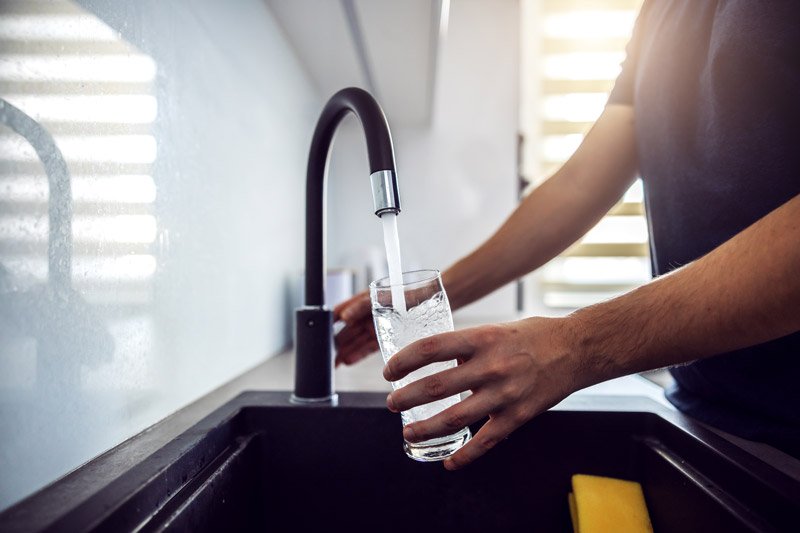
9: Drink tap water
We had already addressed this subject in a blog article: PGE n°2: No more plastic bottles!!! . On average, a French person will consume 180 single-use plastic bottles per year (imagine, there are just over 67 million of us in France today...)!
There are many alternatives to plastic water bottles:
- Plant charcoals : they will purify your water by absorbing residues contained in the water and giving it a better taste.
- Ceramic beads : these beads will have the same role as plant activated carbons.
- Filter jugs: the filters will remove impurities such as chlorine from tap water.
You will see that you will gain space in the cupboards, you will save money and you will also do good for your back!
It’s up to you to make your choice!

10: Place a book in a book box
What is a book box? It is a small public space that can be found in the form of a shelf or library (very often old telephone booths are reused as book boxes) near parks, schools or various public places. This allows passers-by to drop off or pick up books for free.
Book boxes are vectors of social connections . They help create solidarity and sharing and thus democratize access to literature. They open a door to reading for those who do not necessarily have the means to afford books.
These boxes also have an ecological aspect , since it gives a second life to our books (which are often read only once and then never opened again). This goes against overconsumption and gives the book a more sustainable appearance.
Don’t hesitate to slip a little note into the book you leave to make another person want to read it.
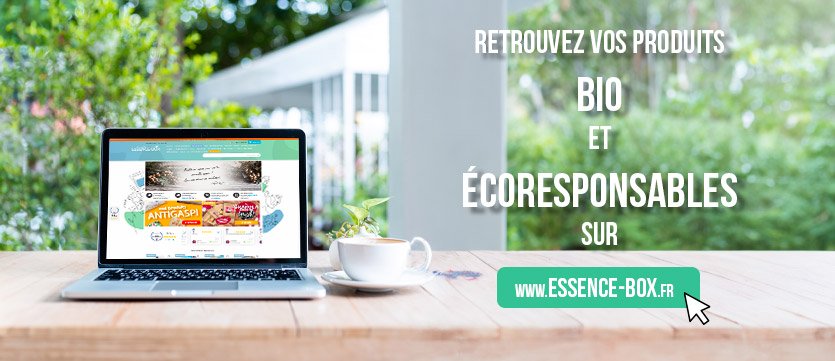



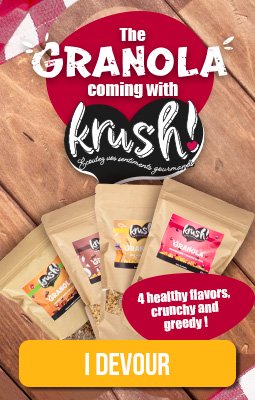
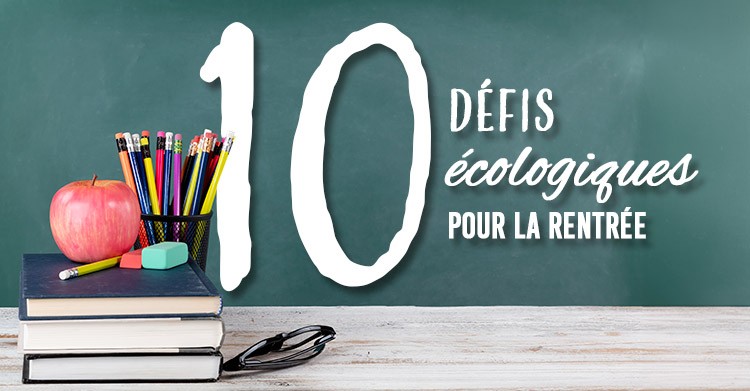
 By Cindy et Benoit
By Cindy et Benoit